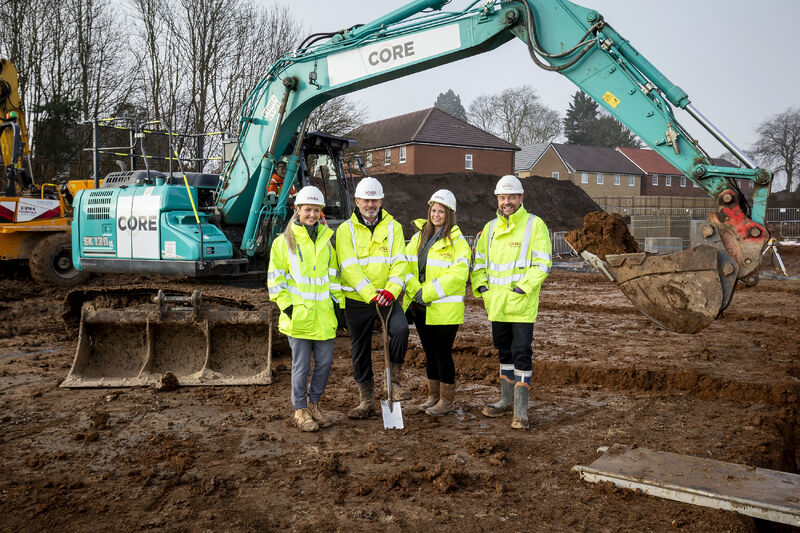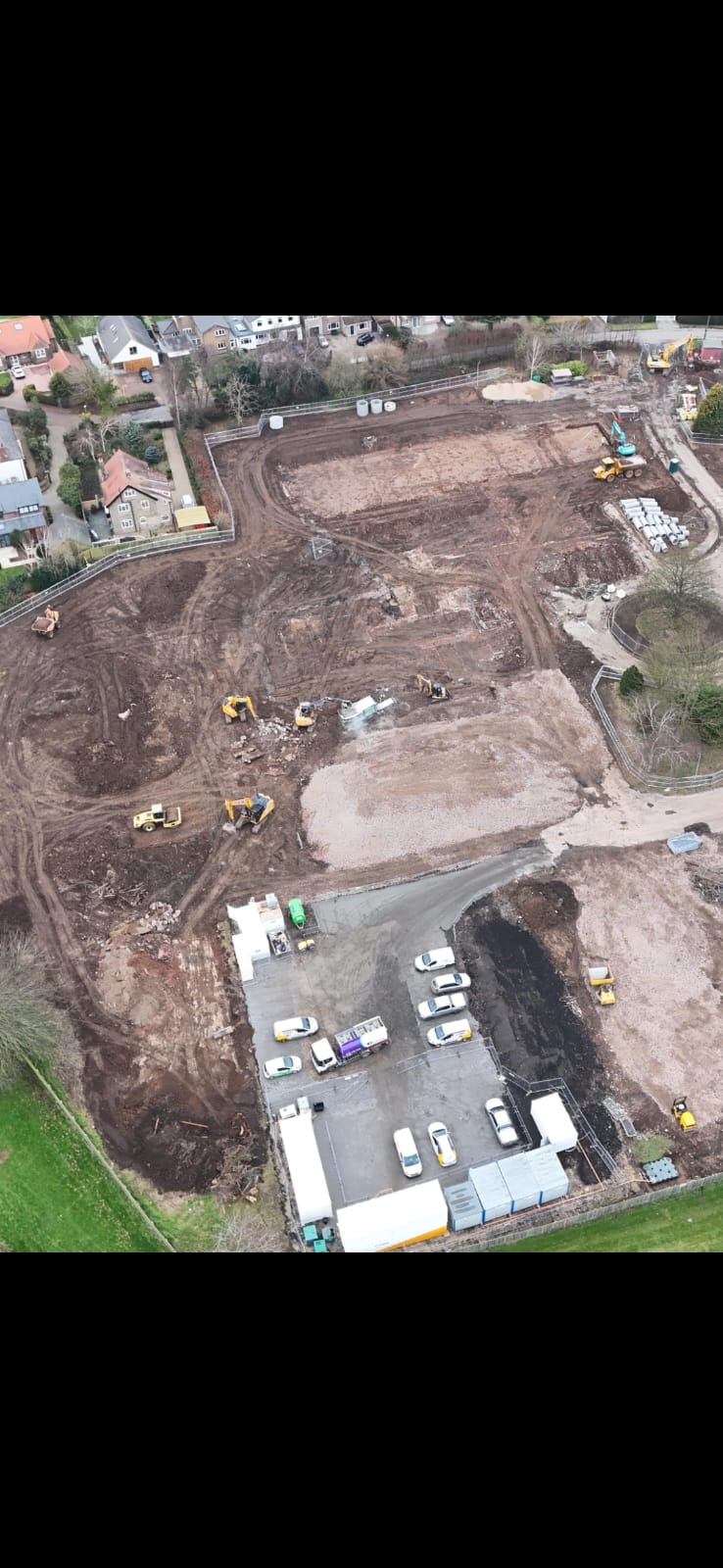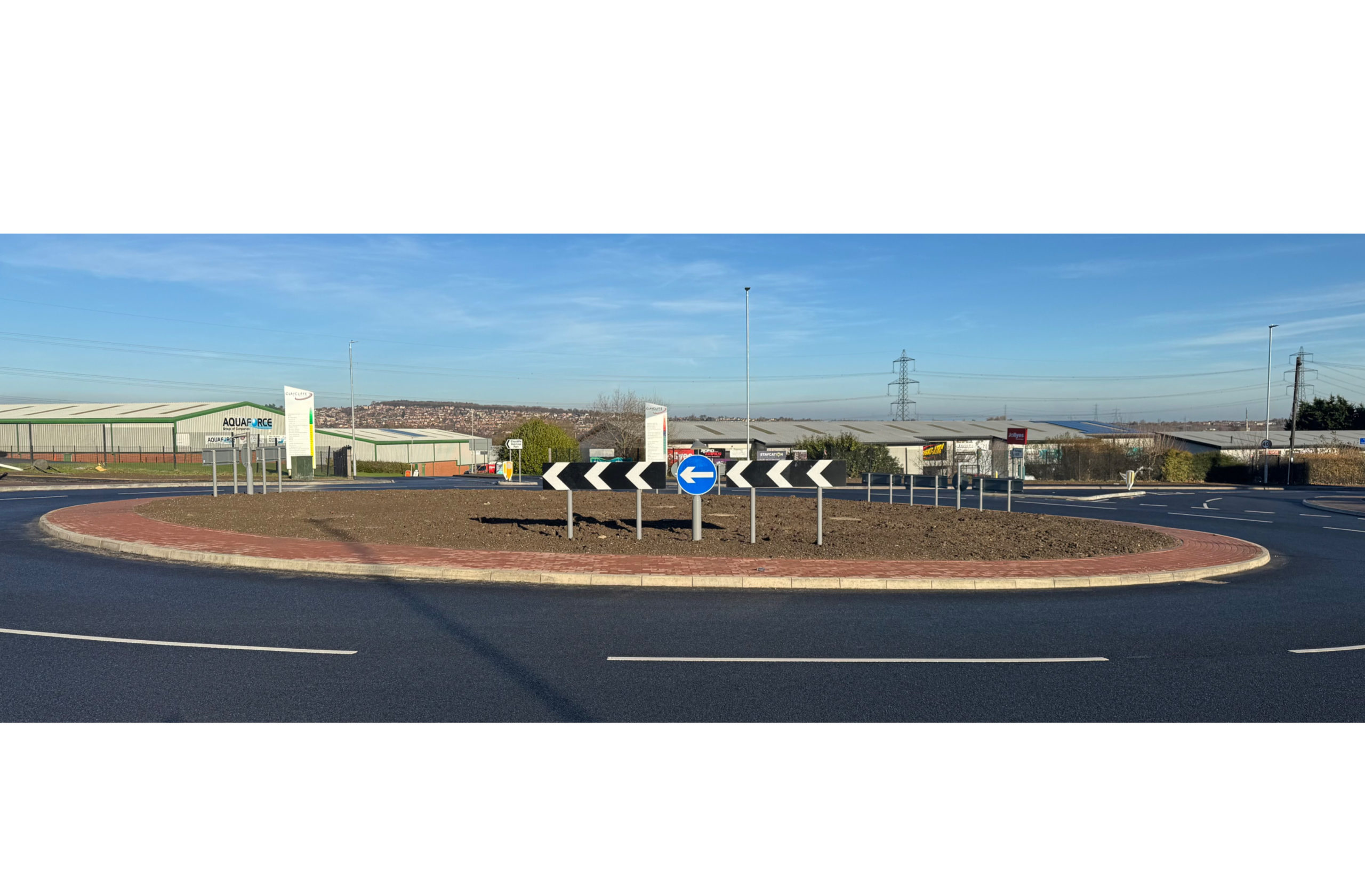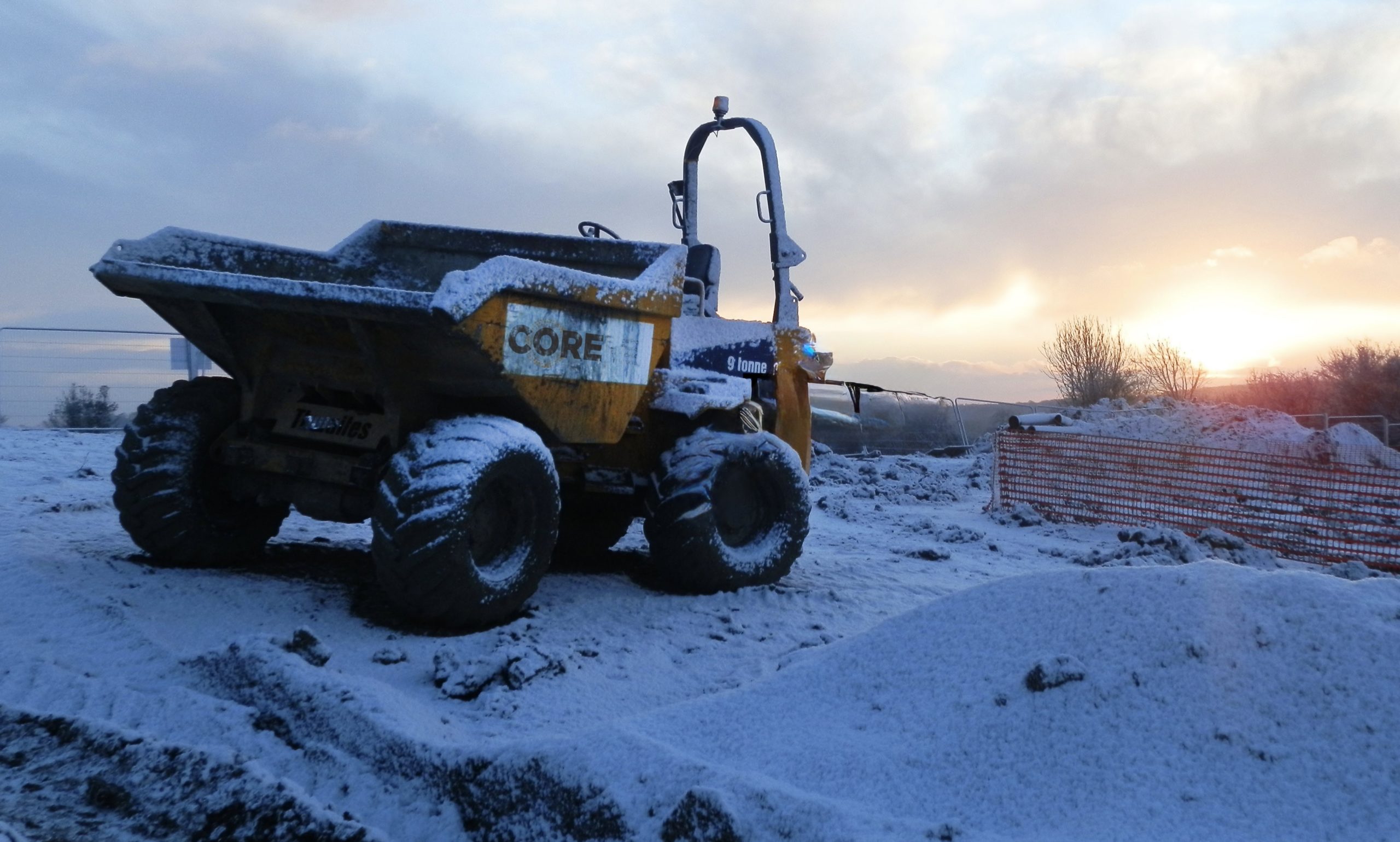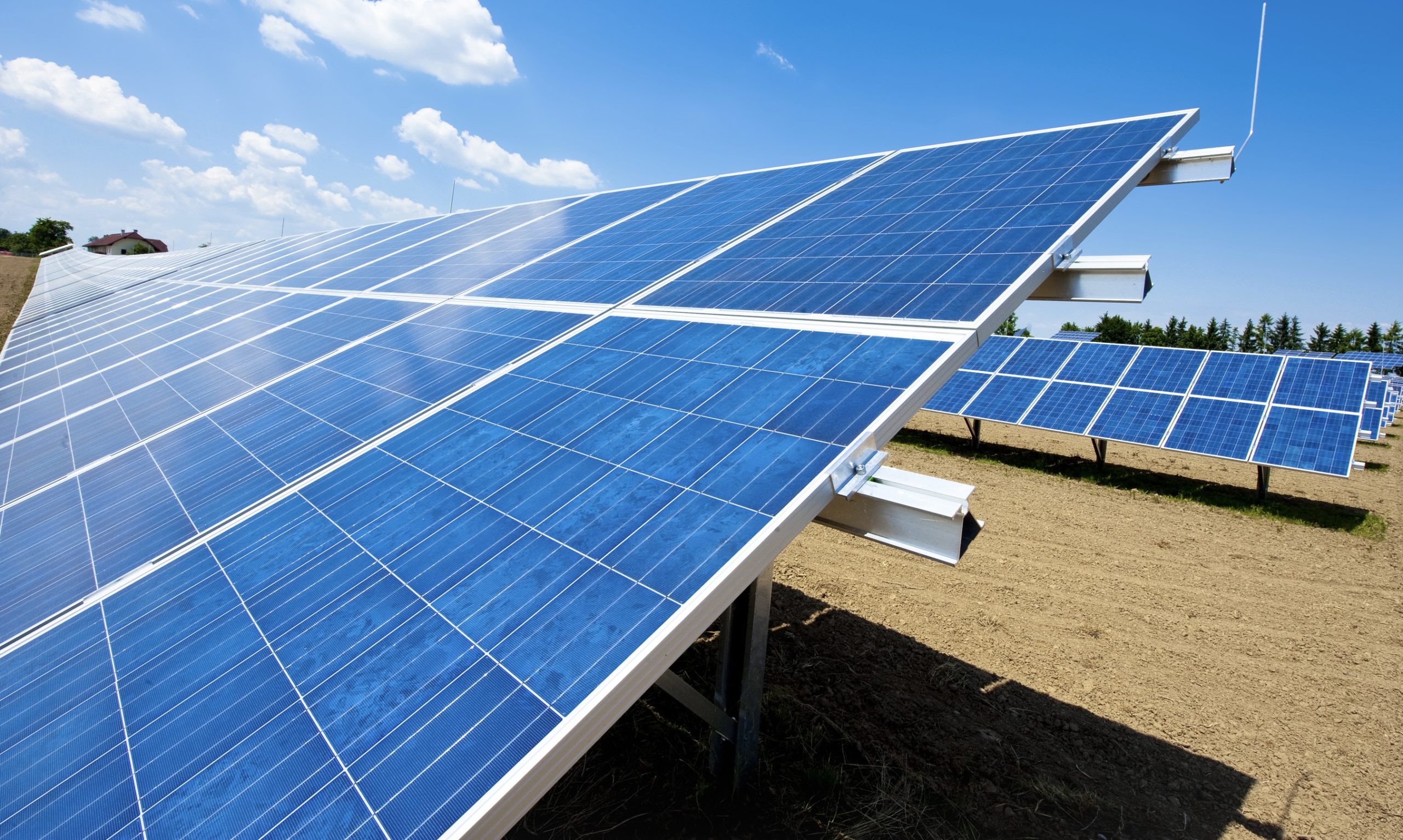Adverse weather: Preparation is key for construction site safety success

- News
Construction doesn’t take a break in the winter so it’s important at this time of year to think about the additional hazards that are present on sites due to winter weather and the corresponding precautions that need to be taken.
CORE, a leading construction company operating in the earthworks, remediation and infrastructure sectors are mindful of their responsibilities to keep workers safe as the colder winter days starts to bite.
Says Alan Cooper at CORE: “While no-one can predict exactly what the weather’s going to be like over this winter, it is at least possible for us to be ready when things take a turn for the worse.
“At CORE, we are responsible for making sure the workplace is safe so far as is reasonably practicable. Sectors like construction are perhaps more susceptible to cold weather and shorter daylight hours mean there is more potential for accidents to happen, particularly for those working outdoors where the winter months add to the challenge of staying safe.
“Following simple procedures such as gritting site entrances and pathways will help to reduce risks, but we also ask our employers to adopt a common sense approach too which will go a long way to keeping them safe and secure this winter.
“Our site managers assess the risks posed by ice, frost and snow in the same way we would all other workplace risks, and then implement appropriate systems and controls. The unpredictability of the weather adds an element of uncertainty that makes it crucial to plan ahead and monitor any warning signs that conditions may change.”
Beyond the obvious risk of slips and trips, cold weather creates other hazards for construction site staff who often work outside for a large proportion of the day. Exceptionally cold and wet weather can affect physical health, dexterity and productivity and prolonged exposure to the cold can cause workers to suffer from more colds, bronchitis and asthma, painful, stiff joints, and fatigue.
“Our workers out on site are provided with the appropriate PPE along with facilities for changing, drying and storing it, continues Alan Cooper. “We try to limit exposure to the cold and wet through adjusting working patterns and providing plenty of breaks in heated areas with hot drinks available.
“We also train and inform our site workers about the risks to their health and safety, the preventive measures in place, and how to recognise signs of cold stress. Winter-related accidents and illnesses are preventable and just require some preparation in order to ensure safety.”

